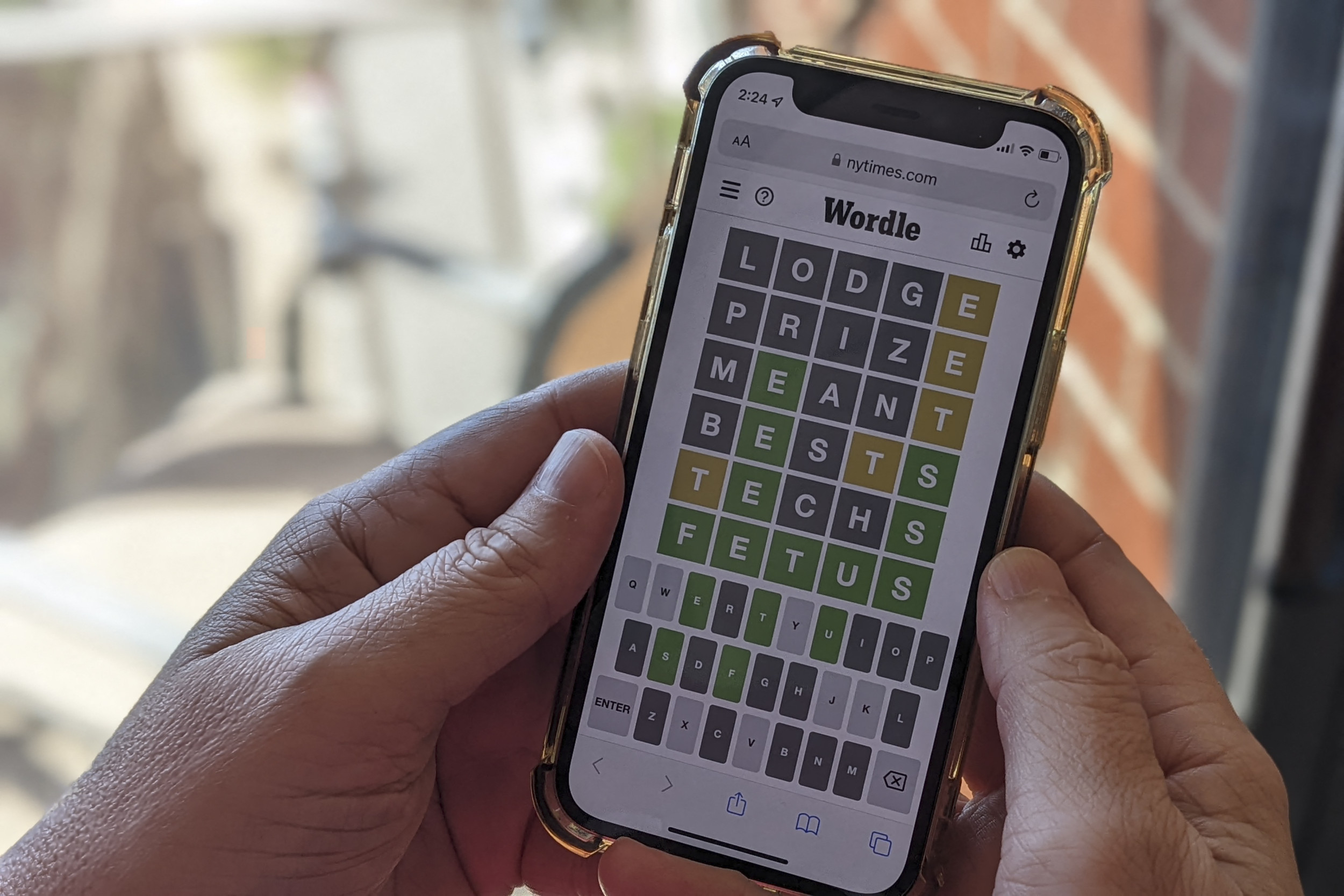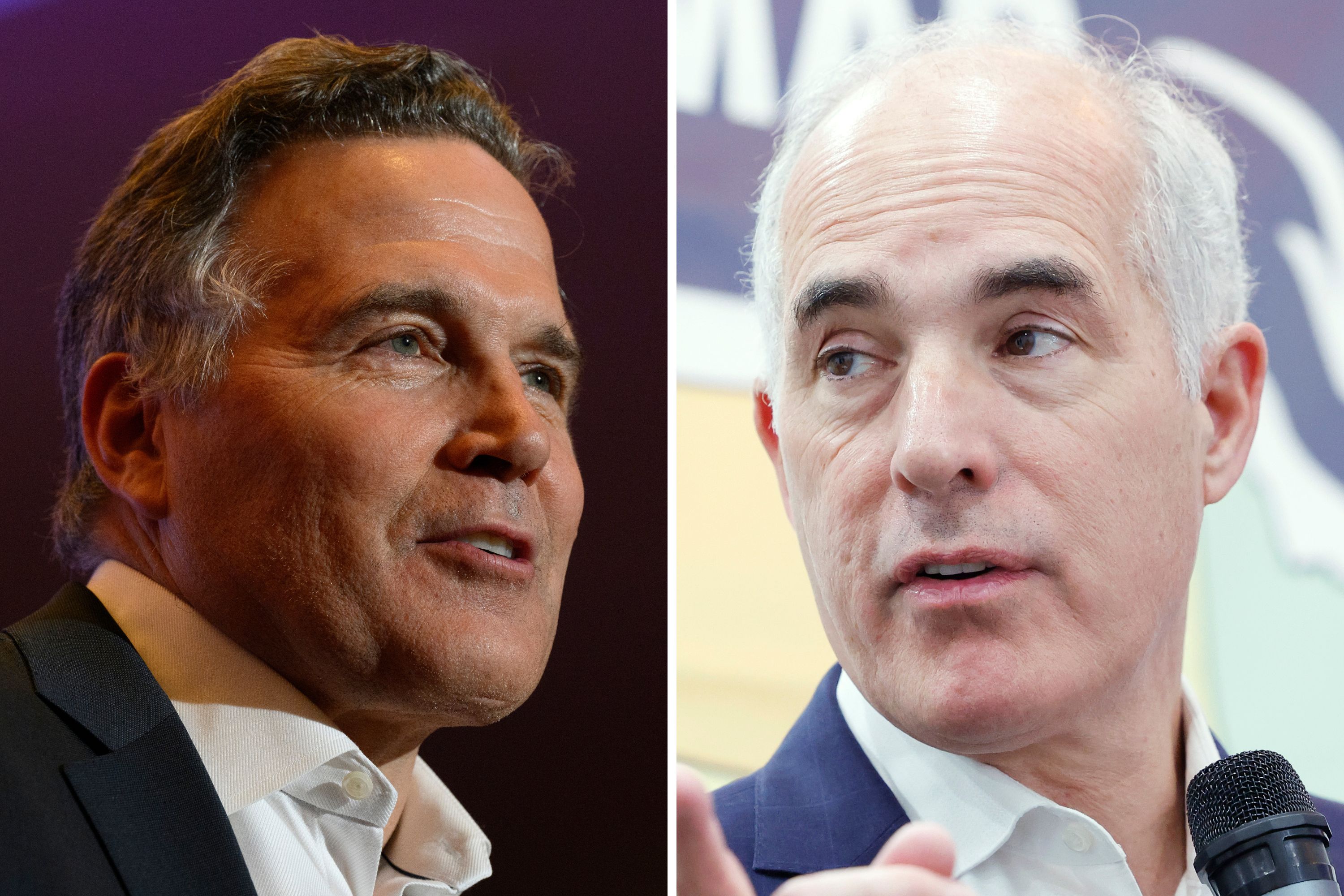When it comes to holiday shopping, expect Gen Z and millennials to splurge while Baby Boomers reel their budgets in.
According to a new Bank of America holiday survey, Gen Z plans to spend $3,300, while millennials will fork over $4,000.
The older generations, on the other hand, have far more conservative holiday budgets. Gen X said they'd spend $1,200 during the holiday season.
Baby Boomers had the lowest spending plans of all, only electing to spend $800 this holiday season. In comparison, Gen Z and millennials are spending roughly three times as much.

The difference in generational spending could be attributed to the younger generations' inclination to overspend rather than just the older generations' stinginess.
"The difference highlights generational priorities: younger generations value experiences and immediate gratification, while Boomers emphasize long-term stability and legacy planning. These choices could significantly shape each group's financial future," Kevin Thompson, a finance expert and the founder and CEO of 9i Capital Group, told Newsweek.
Roughly 62 percent of Gen Z-ers said they overspend during the holidays, and 57 percent of millennials said the same. Only 51 and 38 percent of Gen X and Baby Boomers agreed.
"Younger generations tend to spend more on travel and experiences, while Baby Boomers are less likely to take on the higher costs associated with these activities," Thompson said. "Additionally, younger people admit to overspending during the holiday season, which can leave them in challenging financial positions."
There was also a difference in holiday spending budgets by gender. Men will spend nearly double the amount as women, the study found, with an average of $2,750 compared to women's $1,400.
The majority, 62 percent, of consumers are feeling strain around spending this holiday season, but that's down from 67 percent in 2023, potentially indicating improving economic conditions.
Thompson said younger generations tend to feel they have time to recover from the costs they incur and can prioritize experiences over material gifts, but this has long-term ramifications.
"This mindset, however, comes with financial consequences: rising debt levels and high credit card interest rates can erode their buying power," Thompson said.
"Meanwhile, affluent Boomers tend to focus on leaving legacies to their children, with occasional, thoughtful gifts directed toward grandchildren. Even these gifts may be split between multiple sets of grandparents if both sides are still involved."
Alex Beene, a financial literacy instructor for the University of Tennessee at Martin, said there's another reason why Baby Boomers, who are in their golden years, might spend less.
"It's hard to think of a group more financially strained by inflation than seniors who are dealing with rising costs paired with limited income," Beene told Newsweek.
"The increased prices of everything from groceries to medication more than likely has many of them rethinking their holiday budgets. There's also a concern that the new year could bring further upticks in the cost of living, and that could be playing a role in fewer gifts under the tree this year."




















 English (US) ·
English (US) ·